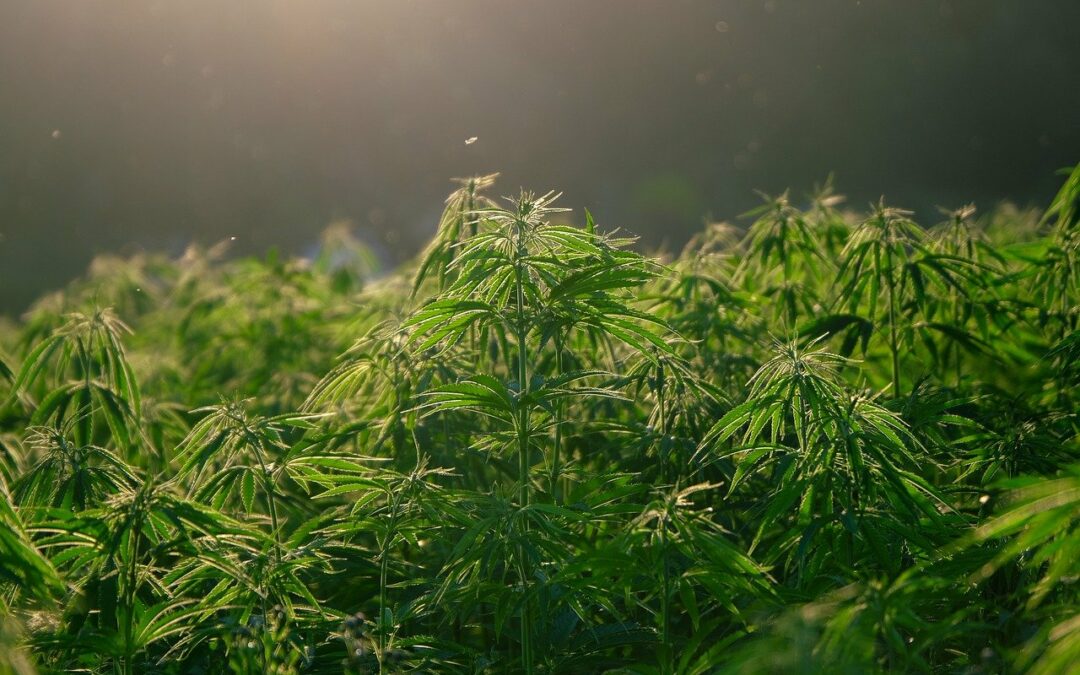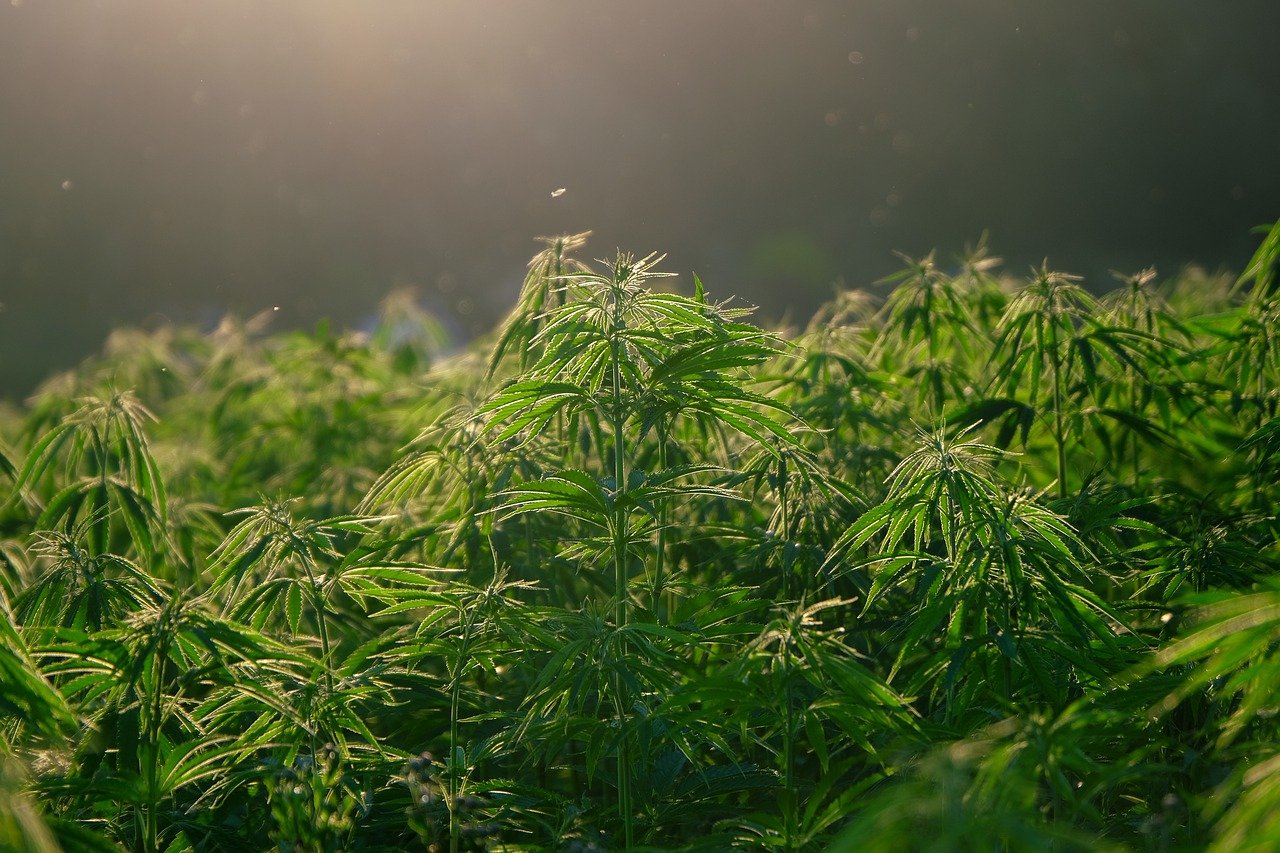
Online cannabis marketplace Leafly to go public

In a historic year for Washington companies going public, Seattle-based Leafly, an online cannabis marketplace, will push the 2021 total even higher.
The company announced Monday it will go public through a special merger with New York-based Merida Merger Corp (Nasdaq: MCMJ). The transaction is expected to value Leafly at $385 million and add approximately $161 million of additional proceeds to the company.
The combined company will adopt Leafly’s name, and is expected to trade on Nasdaq with the ticker symbol “LFLY.” The company said it will list its shares once the merger is complete, likely sometime this fall.
According to PitchBook, 15 companies in Washington have gone public in 2021 so far, five more than last year’s total, and the most the state has seen in the last five years.
“Online retail shopping is in our DNA,” said Yoko Miyashita, CEO of Leafly, in an interview. “What you see is … this realization from consumers that say ‘Oh, (cannabis) is like any other retail product I can order online.”
Leafly earned $36 million in revenue last year, up from $30 million in 2019, according to its investor presentation. This year, revenue is expected to increase to $43 million, and grow roughly 50% annually through 2024.
Still, the company does not expect to be profitable until 2024, predicting it will lose at least $15 million in net income from 2021 to 2023.
The company makes money mostly through subscription fees it charges cannabis retailers who list their menus on Leafly’s platform. Customers place orders with retailers through the online site, but still have to go to the cannabis shop in person to pick up their product. Leafly does not take a commission from each transaction but does make money off ad sales from retailers.
The company said it has 4,600 paying retail subscribers, with approximately 55% of North American retail cannabis licensees on its platform and 125 million annual visitors.
Miyashita said cannabis retailers are “constrained” in their ability to advertise on major social media networks because of federal prohibition laws. Leafly’s platform, giving retailers and consumers an opportunity to reach each other, is “huge,” she said. “We have one of the largest audiences in cannabis.”

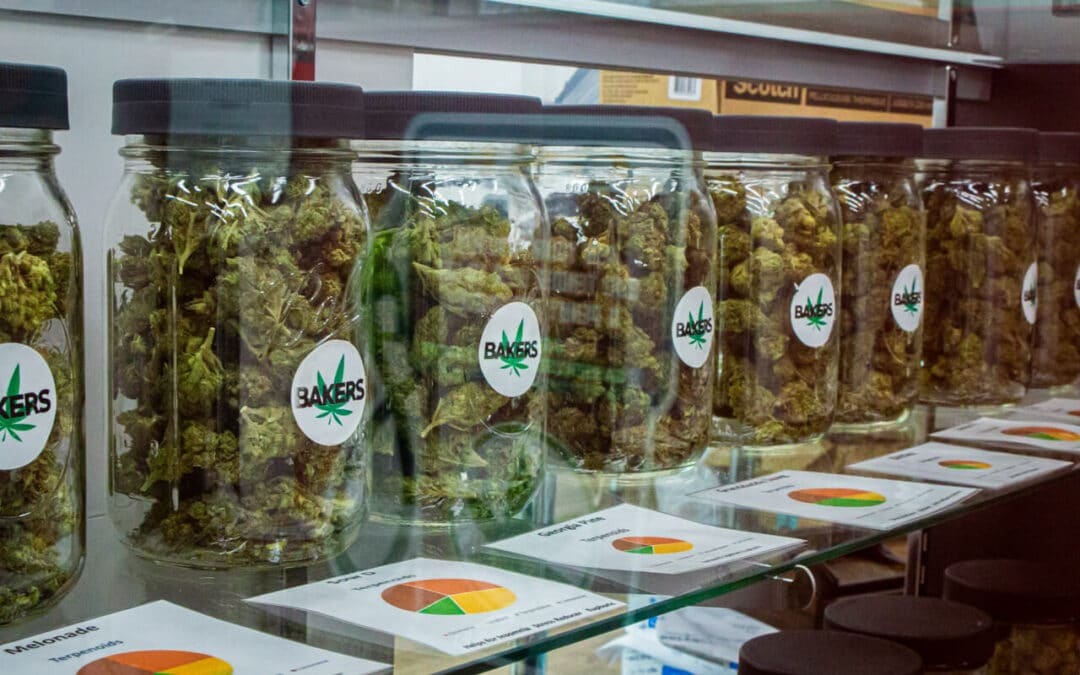
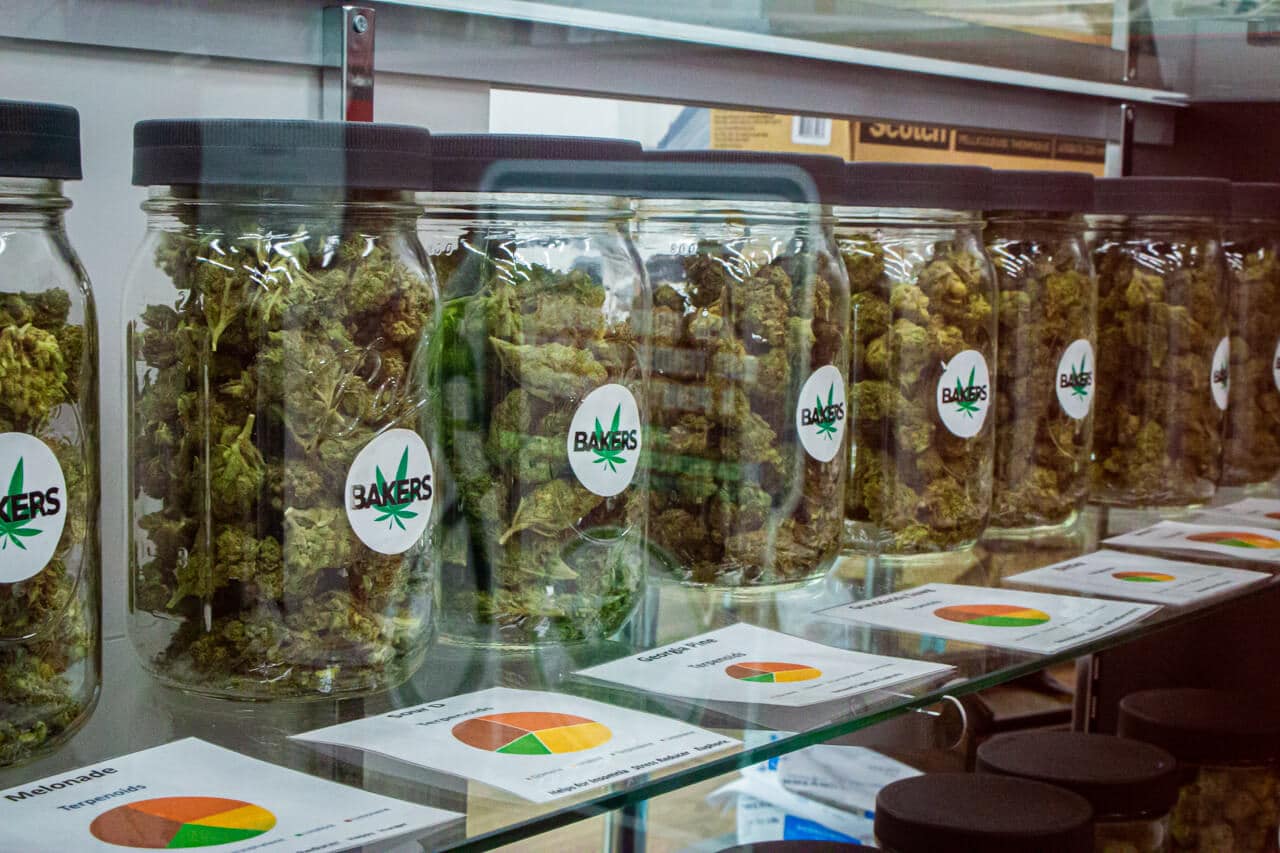




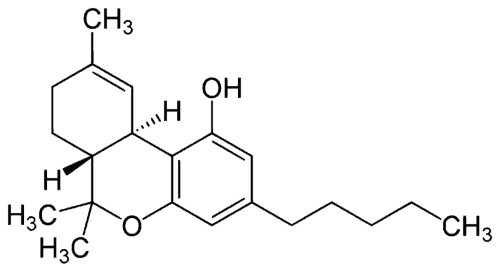 THC-O Acetate Molecule:
THC-O Acetate Molecule:


